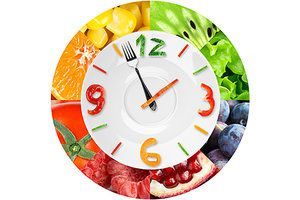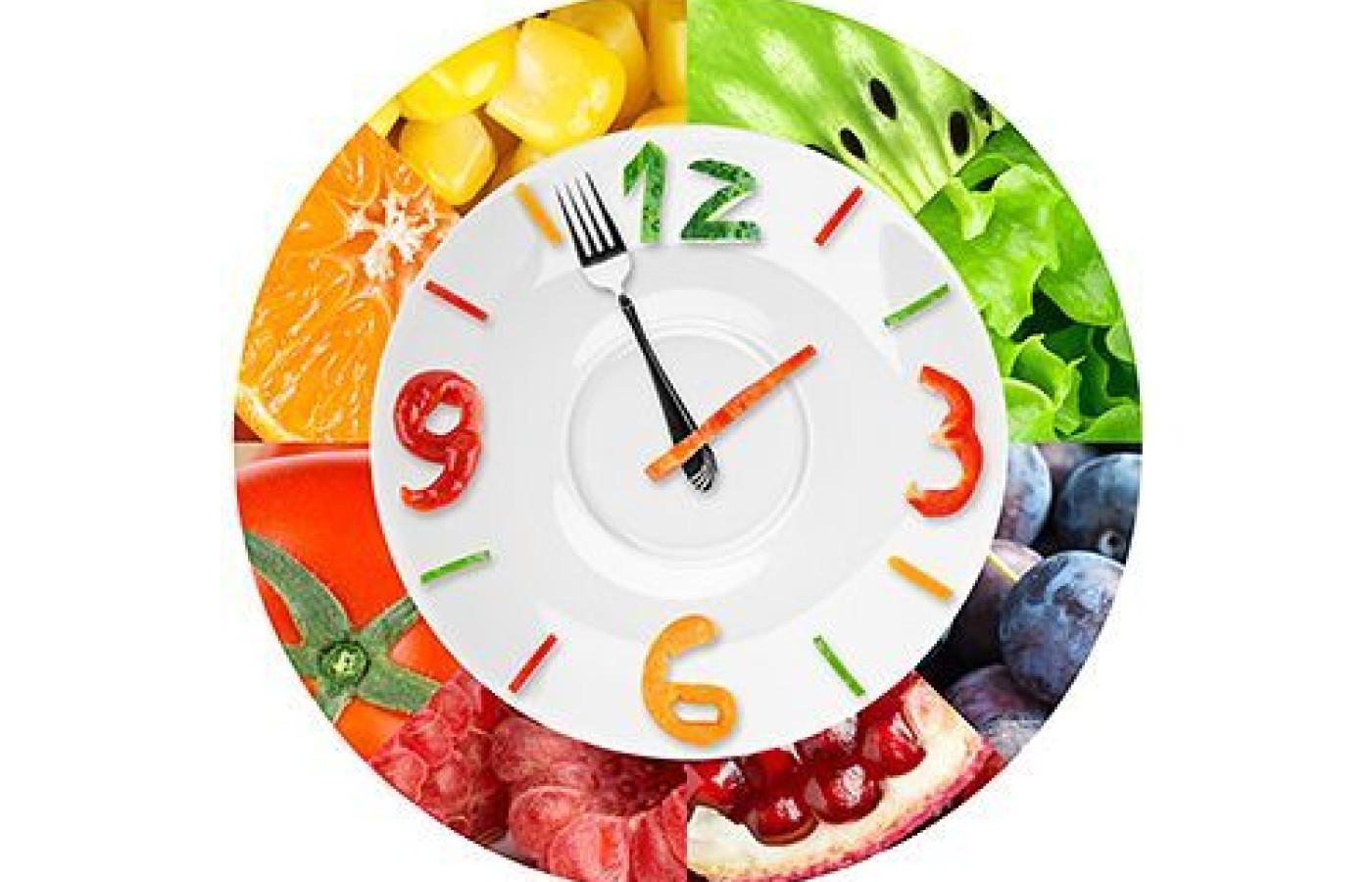It’s a new year and many chiropractors are evaluating what will enhance their respective practices, particularly as it relates to their bottom line. One of the most common questions I get is: “Do I need to be credentialed to bill insurance, and what are the best plans to join?” It’s a loaded question – but one every DC ponders. Whether you're already in-network or pondering whether to join, here's what you need to know.
Help Your Patients Turn Back the Clock With Nutrition
The anti-aging market is booming because, well, who doesn't want to look young, healthy and vibrant for as long as possible? And while there are many anti-aging products and systems marketed to the public, few people realize the most effective way to slow down the visible passage of time is to give the body the nutrients it needs to be truly healthy.
A Little Background
Science has been linking aging and age-related diseases to telomere length for decades. Telomeres are DNA sequences on the end of your chromosomes that shorten each time a cell replicates. At some point in our lives, each telomere will reach its "shortening" limit, which results in poor cell health, disease risk and – when cell replication ceases – death.1
In 1962, biologist Leonard Hayflick computed, based on his calculations of cell replications, that humans could not live longer than 120 years.2 Now, 55 years later, research is beginning to show we can influence the lengths of our telomeres by eating an optimal diet.
The Excuse
Genetics are not the uncompromising, evil stepmothers we sometimes imagine they are. Genes can be influenced by our diet. Weaknesses in our genetic makeup can be counterbalanced with the proper nutrients, because genes are, in fact, pliable.

So, while different people may be more susceptible to certain age-related problems, diseases, or addictions, the food we put into our bodies can influence our genes and will ultimately determine our longevity and quality of life.
Let's Talk About Guts
Our stomachs and intestines are wonderful indicators of age (and play a large role in determining how old we feel). If a patient's gut lacks the normal, healthy bacteria that play a role in everything from breaking down food to bolstering the immune system, they may experience premature aging or illness. But how and why do patients find themselves in this condition?
Unfortunately, one of the main culprits is a staple in the standard American diet – high-fructose corn syrup. This is easily one of the most consumed ingredients in the United States, so it's no wonder gut health is such a problem in this country.
Along with antibiotics, artificial sweeteners, and stress, high-fructose corn syrup destroys our healthy gut flora.3 Because the bacteria in our gut play a huge role in our health, their absence can cause the body to age prematurely.
Eating the wrong foods can also wreak havoc in the stomach, inhibiting the body's ability to break down and assimilate the nutrients needed for youth and vitality. The stomach's proper pH is between 2 and 3, which provides ideal conditions for the digestion of protein, carbs and fats. When the pH level changes because of something like coffee, soda or a donut, the gastric mucosa is disrupted, and the stomach becomes less able to break down protein effectively.
When the body isn't digesting or assimilating protein, the body will start to tear itself apart, looking for amino acids in existing structures.4 This makes a body frail, weak and tired – three indicators of the aging process.
Help Your Patients Grow Younger With Nutrition
The good news is that a healthy, plant-based diet can interfere in the process we normally associate with aging. We can actually prevent the shortening of our telomeres (and even lengthen them!) with the right nutrition. Consider the role the following nutrients play in the aging process:5
- Vitamin D: One of the most common causes of telomere shortening is inflammation (especially chronic inflammation). Vitamin D is especially effective at inhibiting the body's inflammatory response, which is why it's so important to consume enough in one's daily diet. Prescribing it to your patients can help to protect them from a host of age-related diseases.
- CoQ10: This substance is essential to every single cell in our bodies. It helps to diminish the signs and symptoms of aging by providing a substance needed for cellular energy. When there is too little CoQ10 in the body, antioxidants will be unable to protect cells from DNA damage. As an added benefit, CoQ10 can help boost memory and energy levels.
- Zinc: Known for fighting colds, zinc is also important for keeping DNA healthy and happy. Without enough zinc, DNA strands will be more likely to break, causing the premature shortening of telomeres and increasing one's risk of cancer.
- Omega-3s: These fatty acids play a vital role in stimulating telomerase, which can help to reverse telomere shortening. It is also essential for many other functions of the body and can help to reduce inflammation.
- Vitamin K2: This vitamin aids in healthy blood clotting, protects against prostate cancer, and helps to prevent debilitating cardiac events. This helps to keep one looking and feeling young for longer.
- Magnesium: Indispensable for DNA replication and repair, magnesium influences the integrity of a patient's genome. Without sufficient magnesium, the body doesn't have what it needs to prevent telomere shortening or prevent free-radical damage.
- Polyphenols: These antioxidant compounds are found in plant-based foods. They can help to fight aging by assisting the metabolism, improving blood pressure and protecting against a variety of cancers.
- Folic Acid and Vitamin B9: Because these vitamins help to maintain the integrity of DNA strands, they also influence telomere length. Obesity can hinder the body's ability to metabolize these nutrients, which is why it's so important to help your patients maintain a healthy body weight. These nutrients can also play a preventative role in brain atrophy and Alzheimer's disease.
- Vitamin B12: Energy production, DNA synthesis and blood formation come from "the energy vitamin," B12. This nutrient also encourages myelin formation, which keeps nerves healthy by protecting the endings that communicate with one another.
- Curcumin: Mostly commonly found in turmeric, curcumin is an effective anti-inflammatory nutrient known to ward off cancer more effectively than almost anything else. It also boosts the immune system and alleviates symptoms associated with arthritis.
The Bottom Line
A healthy lifestyle will help slow the aging process and prevent a wide range of illnesses from destroying a patient's quality of life. If you encourage your patients to get the nutrients they need from a balanced diet - and help them fill the gaps through supplementation - you will find that they look (and feel!) younger and stronger than they've felt in years.
I recommend an unprocessed, natural diet that includes plenty of leafy greens, fresh fruits, nuts, and lean proteins. This type of diet, combined with regular exercise, will help to keep the body looking and feeling young for many years to come.
References
- Genetic Science Learning Center. (2016, March 1) "Are Telomeres the Key to Aging and Cancer." Genetic Science Learning Center, March 1, 2016.
- Bartlett Z. "The Hayflick Limit." Embryo Project Encyclopedia, Nov. 14, 2014.
- Mercola J. "Eating This Could Turn Your Gut Into a Living Pesticide Factory." Mercola.com, Jan. 29, 2013.
- Lab #12: Digestive Physiology. Indiana University: www.indiana.edu/~nimsmsf/P215/p215notes/LabManual/Lab12.pdf.
- Mercola J. "Six 'Grow Younger' Nutrients I Take Every Day." Mercola.com, May 9, 2012.



